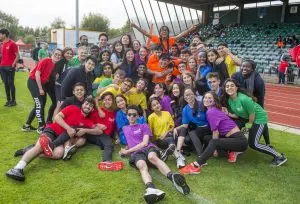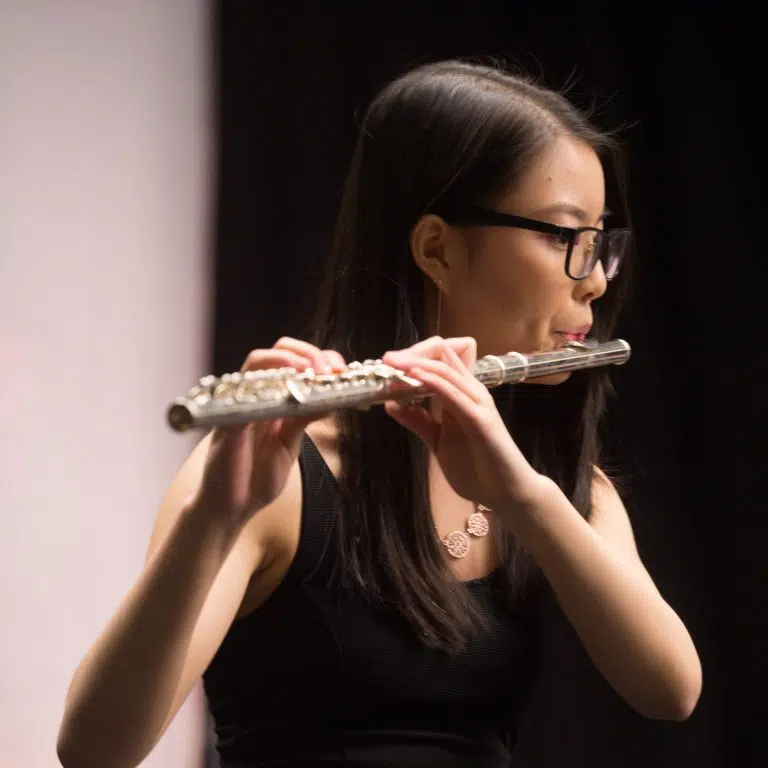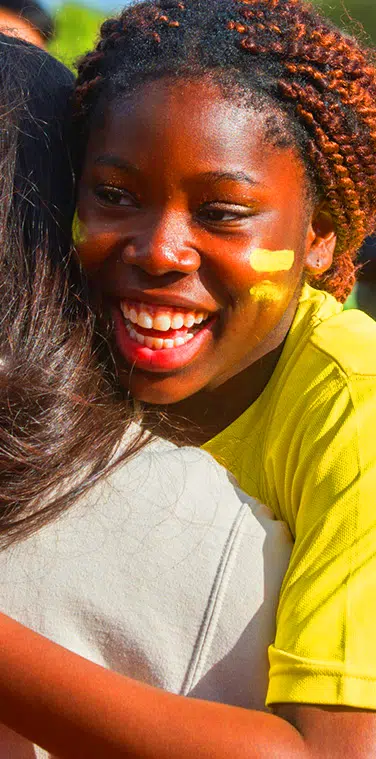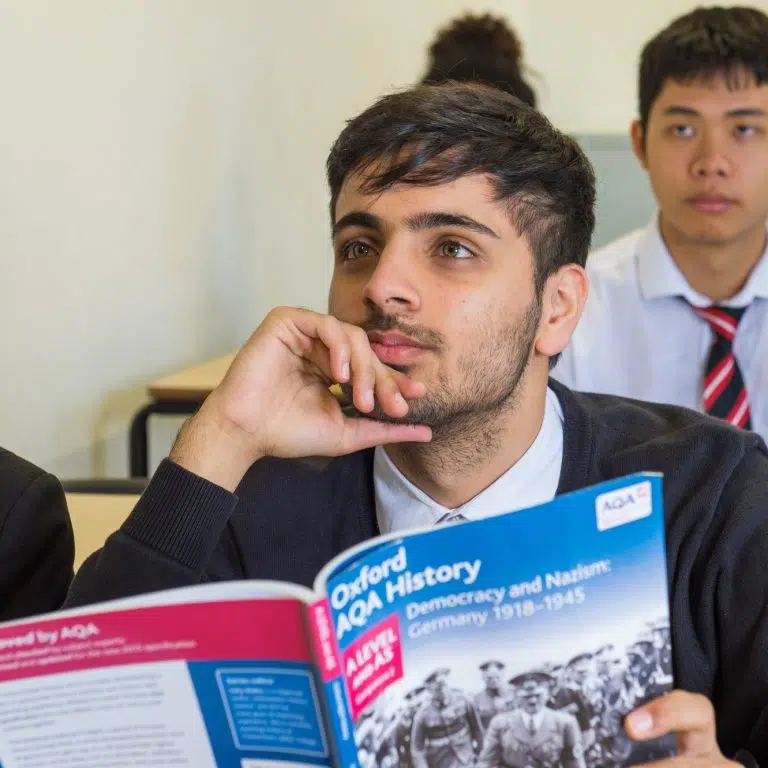Tom Arrand, Head at Cardiff Sixth Form College, opens up wide-ranging questions for school and college communities to debate. The following letter was written by a Holocaust survivor to his local education board in the USA:
I am a Survivor of a Concentration Camp
My eyes saw what no man should witness:
Gas chambers built by learned engineers.
Children poisoned by educated physicians.
Infants killed by trained nurses.
Women and babies shot and burned by high school and college graduates.
So, I am suspicious of education. My request is: help your students become human.
Your efforts must never produce learned monsters, skilled psychopaths, educated Eichmanns.
Reading, writing, arithmetic are important only if they serve to make our children more humane.
I first read this when training to be a teacher and was so struck by the power and simplicity of the message that I copied it out onto the front page of my dissertation (a lengthier, less powerful and more forgettable document). It became, and remains, the guiding message behind my call to teach.
In primary school, I was taught about slavery, the trading of slaves and the barbaric practices of the slave-owners. The topic, however, was not the growth of the British Empire or of the American nation. It was Ancient Egypt. As an older student, I was fortunate enough to attend a reputable school where, in the chapel, is a monument to a lesser known person of significance from history. Granville Sharp worked tirelessly, until his death in 1813, to bring about the end of slavery. His greatest achievement was the establishment of ‘The Province of Freedom’ (later Freetown, Sierre Leone) where enslaved Africans could be returned to their home continent and be liberated.
My college at Oxford bears a monument to the British Imperialist, Cecil Rhodes. This week, protesters outside Oriel College have been calling for the statue to be removed in recognition of the fact that the ruthless imperialism of Rhodes is a matter of national shame, not celebration.
In my career I have been privileged to teach at some outstanding schools. One of them has a name which links it, inextricably, with the slave trade. Edward Colston was a wealthy merchant from Bristol who made his fortune from trading slaves from Africa to the Americas. His wealth helped to build the city of Bristol, including hospitals and schools which survive today. Last week, protestors pulled his statue down and threw it into the harbour in Bristol. This short walk through my biography shines a light on something complicated. The past is riddled with issues that we must face, understand, contextualise and address. Britain’s imperialist past, the wealth it accrued from slavery and the exploitation of its colonies has been thrown into the spotlight as a direct result of the international demonstrations that followed the shocking death of George Floyd in Minneapolis and the subsequent focus on the Black Lives Matter movement. All nations have questions about their own past that they need to address and the question for school leaders is how to address them.
Strong statements by Heads and Principals, which state clearly that we stand against all forms of racism, discrimination and bigotry; that we celebrate diversity as international, global communities, are of course welcome and necessary. However, school leaders must consider their wider purpose when it comes to viewing the past, healing the present and preparing our students for the future.
What we must not do is attempt to erase or cover up history. The renaming of buildings, towns and institutions can be a positive move but not if it serves to paint over the truth of the past. A school named after its founder, who traded slaves, must consider this but a school with a neutral name but which was, nevertheless, founded upon money that came from the same industry, should still address this problem in the same way. Removing statues that offend and replacing them with statues that celebrate the lives of the victims or those who fought for freedom, is also a positive move but for this to have value it should be achieved by democratic process and not by the angry mob. Moreover, those statues and the fact that they were once revered as emblematic of a nation’s greatness, should be contextualised and considered, by future generations, in museums, alongside the stories of their victims.
My view is that the role of education, as perfectly explained by the anonymous author of the letter at the start of this piece is, besides the instruction of reading, writing and arithmetic, to help students to become more human. To teach them not what to think, but how to think. Whilst that should never mean indoctrinating them (I have always been of the opinion that a teacher should keep his or her own political opinions to themselves) it must involve challenging them, intellectually.
So, the practical steps I would advise any school leader to adopt, are as follows:
Examine the curriculum content.
By this, I do not mean insert new topics into the history curriculum to pay lip service to a current issue. I mean ensure that values are at the heart of the whole curriculum; that whatever the subject, the context of a topic is fully explained and the wider implications explored. Ensure that the curriculum is relevant to the modern world.
Teach critical thinking.
Again, this does not mean insert a 30 minute slot where a teacher with a bit of free time shows students how to examine an article. It means ensuring that every teacher shows every student the art of questioning, considering evidence and how to think critically in the context of their academic discipline.
Categories: Articles




